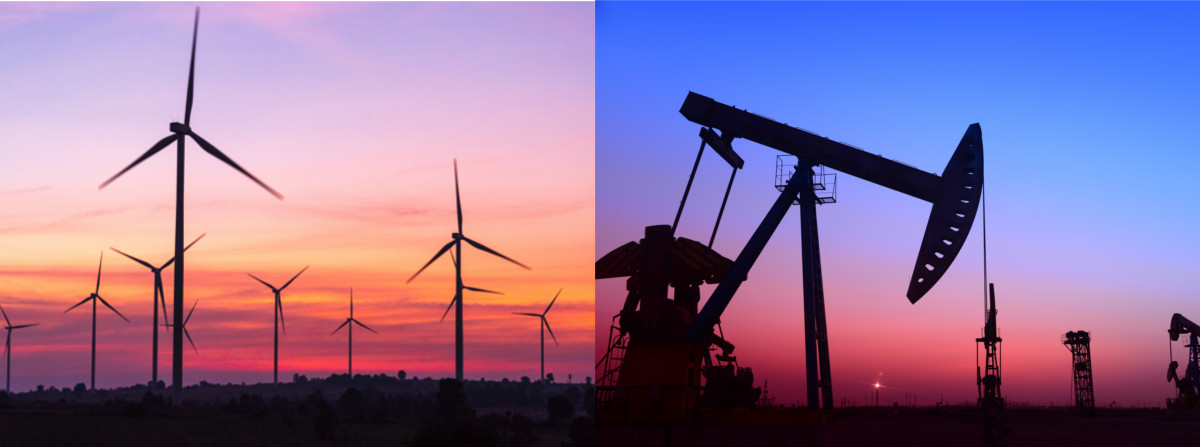

What do you think about the use of Nuclear energy as a an alternative to fossil fuels?
The use of nuclear energy as an alternative to fossil fuels is a topic that sparks considerable debate and discussion. While it has its advantages, such as low greenhouse gas emissions and high energy density, there are also significant concerns related to safety, waste disposal, and the potential for nuclear weapons proliferation. To provide a comprehensive answer, let's delve into the pros and cons of nuclear energy.
One of the primary advantages of nuclear energy is its low carbon emissions. Unlike fossil fuels, nuclear power plants do not release large quantities of carbon dioxide or other greenhouse gases during operation. This attribute makes nuclear power an attractive option for reducing greenhouse gas emissions and combating climate change. According to the International Atomic Energy Agency (IAEA), nuclear energy contributes to avoiding an estimated 2.5 billion metric tons of CO2 emissions annually, equivalent to taking about 400 million cars off the road each year.
Another benefit of nuclear energy is its high energy density. Nuclear power plants generate a significant amount of electricity from a relatively small amount of fuel. For instance, one kilogram of uranium-235 can produce roughly 20,000 times more energy compared to burning one kilogram of coal. This efficiency makes nuclear energy an appealing option for meeting the growing global energy demand while minimizing resource consumption.
However, the use of nuclear energy also presents several challenges and concerns. Safety is a paramount issue, as nuclear accidents can have severe consequences for both human health and the environment. The Chernobyl and Fukushima disasters serve as reminders of the potential risks associated with nuclear power. Though such accidents are rare, they highlight the importance of stringent safety measures and robust regulatory frameworks.
Additionally, the disposal of nuclear waste remains a significant challenge. Spent nuclear fuel contains radioactive materials that require careful handling and long-term storage. While technologies exist for the safe storage of nuclear waste, such as deep geological repositories, public perception and concerns about potential leaks or accidents persist. The issue of nuclear waste disposal needs to be addressed effectively to ensure the long-term sustainability of nuclear energy.
Furthermore, the potential for nuclear weapons proliferation is a critical concern associated with nuclear energy. The same technologies and materials used for peaceful purposes can be diverted for military use. This has led to international efforts, such as the Treaty on the Non-Proliferation of Nuclear Weapons, to prevent the spread of nuclear weapons technology. However, the risk of nuclear weapons proliferation remains an ongoing challenge that must be actively managed.
In conclusion, the use of nuclear energy as an alternative to fossil fuels has both advantages and disadvantages. Its low carbon emissions and high energy density make it an attractive option for reducing greenhouse gas emissions and meeting energy demands. However, safety, waste disposal, and nuclear weapons proliferation are significant concerns that need to be carefully addressed. The decision to pursue nuclear energy should be based on a comprehensive evaluation of these factors, considering the specific circumstances and priorities of each country or region.
References:
1. International Atomic Energy Agency (IAEA). (2021). Climate Change and Nuclear Power. Retrieved from https://www.iaea.org/topics/climate-change-and-nuclear-power
2. World Nuclear Association. (2021). Nuclear Power in the World Today. Retrieved from https://www.world-nuclear.org/information-library/current-and-future-generation/nuclear-power-in-the-world-today.aspx
Related Posts
© 2025 Invastor. All Rights Reserved

User Comments
Helene Sizemore
2 years ago
A good if somewhat risky idea, but seriously underappreciated
Kylie Sherman
2 years ago
The nuclear waste is the big problem making them a short term solution. We need more renewables
Hugo Jones
2 years ago
It's very expensive compared to renewables like wind and solar, but it is safe and reliable. It really depends on the scenario, but generally it is a better idea to invest in wind and solar than nuclear.
Ronald Breeding
2 years ago
It gets a lot of unwarranted hate. It's literally what will save us from oil. Especially with the advances being made with fission and fusion
Divine Hamilton
2 years ago
its better but has many drawbacks itself. it is a polluting non renewable resource. and the garbage from it has to be safely dealt with for the next 10,000 years.
Sophia Andres
2 years ago
Best option we have available if we want to stop this climate change thing. It could give us some more time to invent and better efficent and renewable solutions.
Ariel Matthews
2 years ago
What of the most badass ways to make energy and here we are burning coal .
Neriah Stallard
2 years ago
If done right, it’s a really good alternative. But it’s a very large IF.
Noah Ryan
2 years ago
It makes a lot of sense. Maybe they need to plan better to avoid accidents. Also maybe every new plant has to have pre-built container building shell that can be moved quickly to cover everything up, and more underground protection also.
Hannah Taylor
2 years ago
It's one of the cleanest power sources there are and it's actually really safe. There's no reason not to, beyond people finding it oh so scary because the Soviets goofed real bad once...